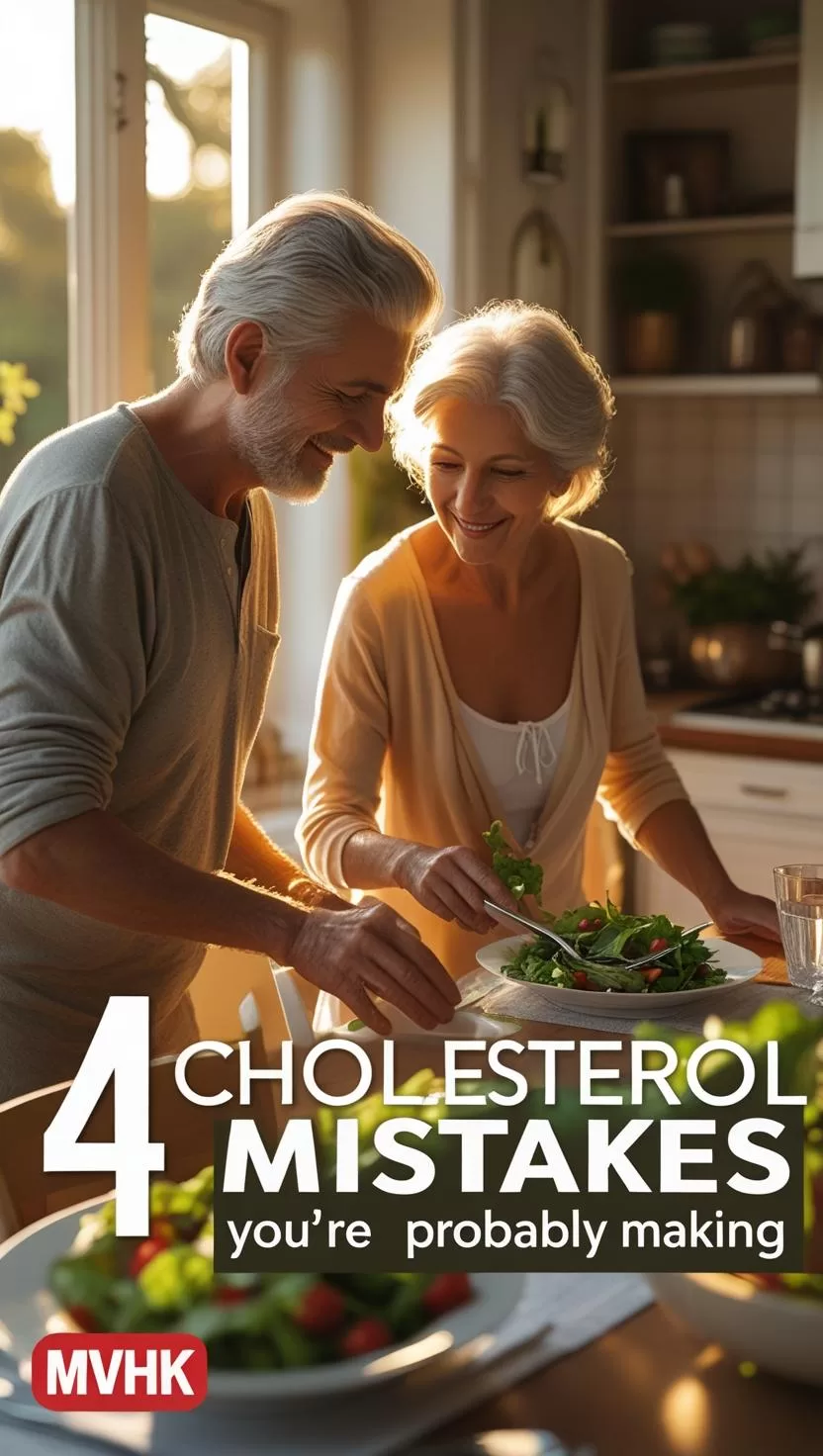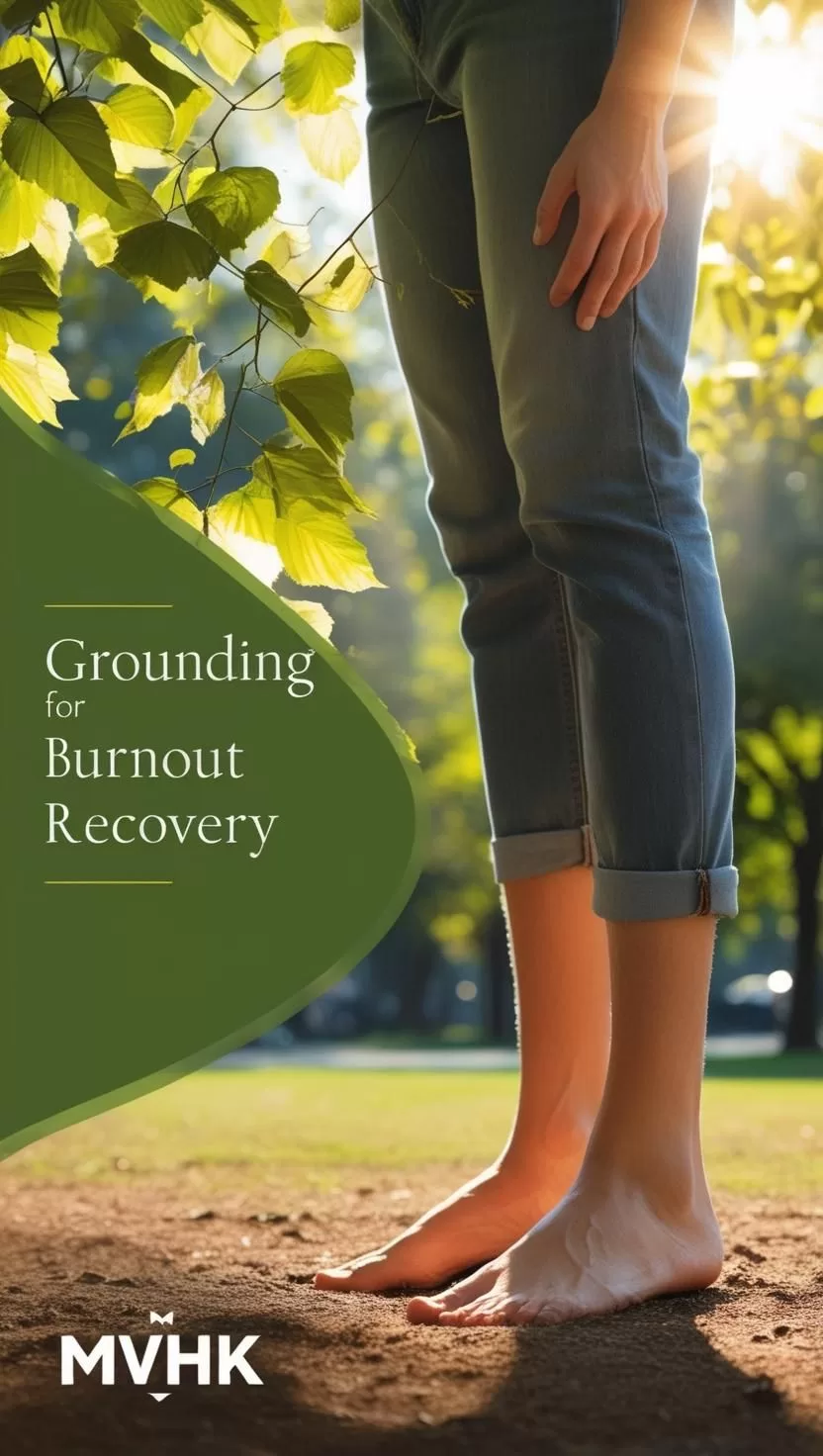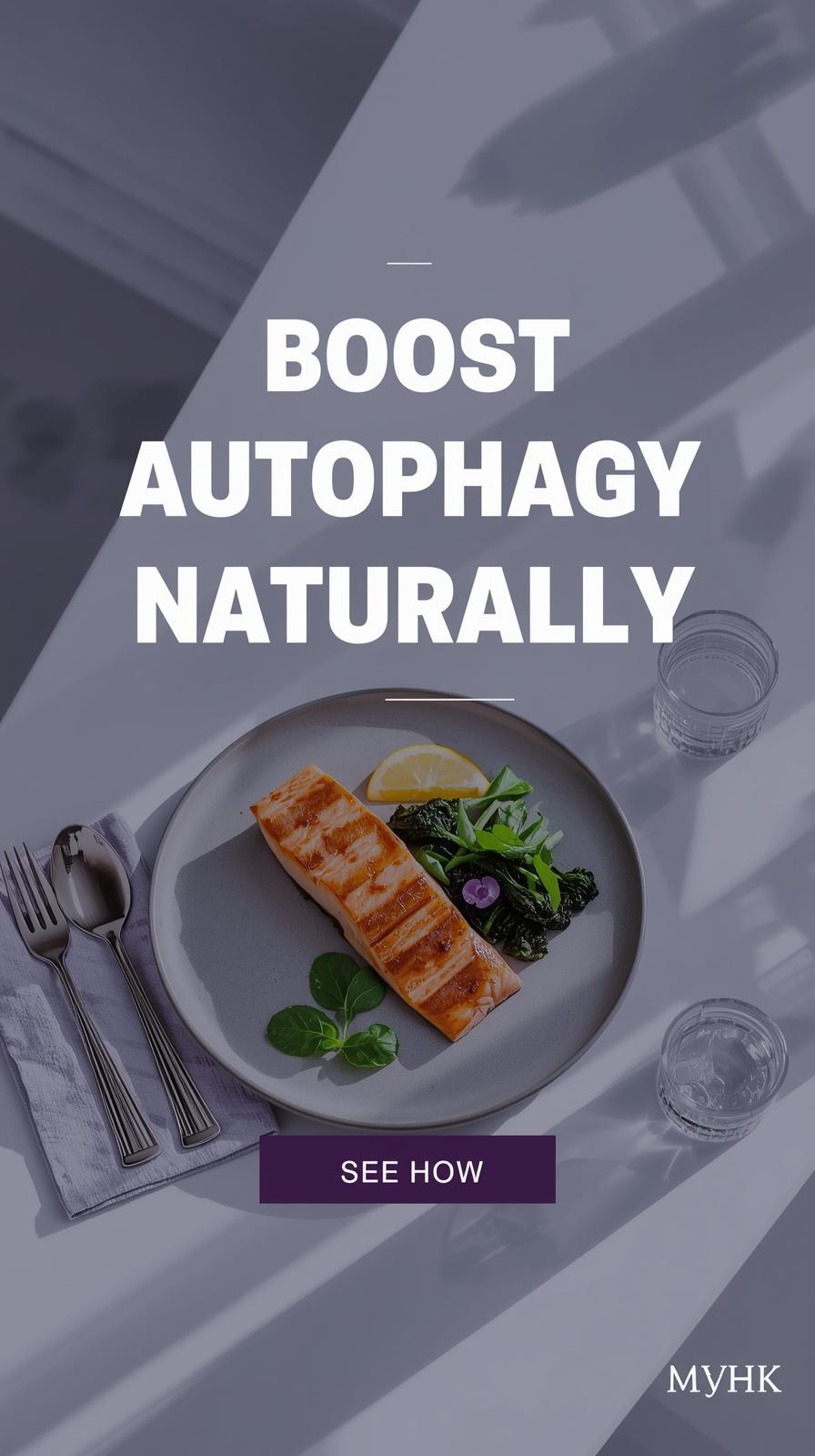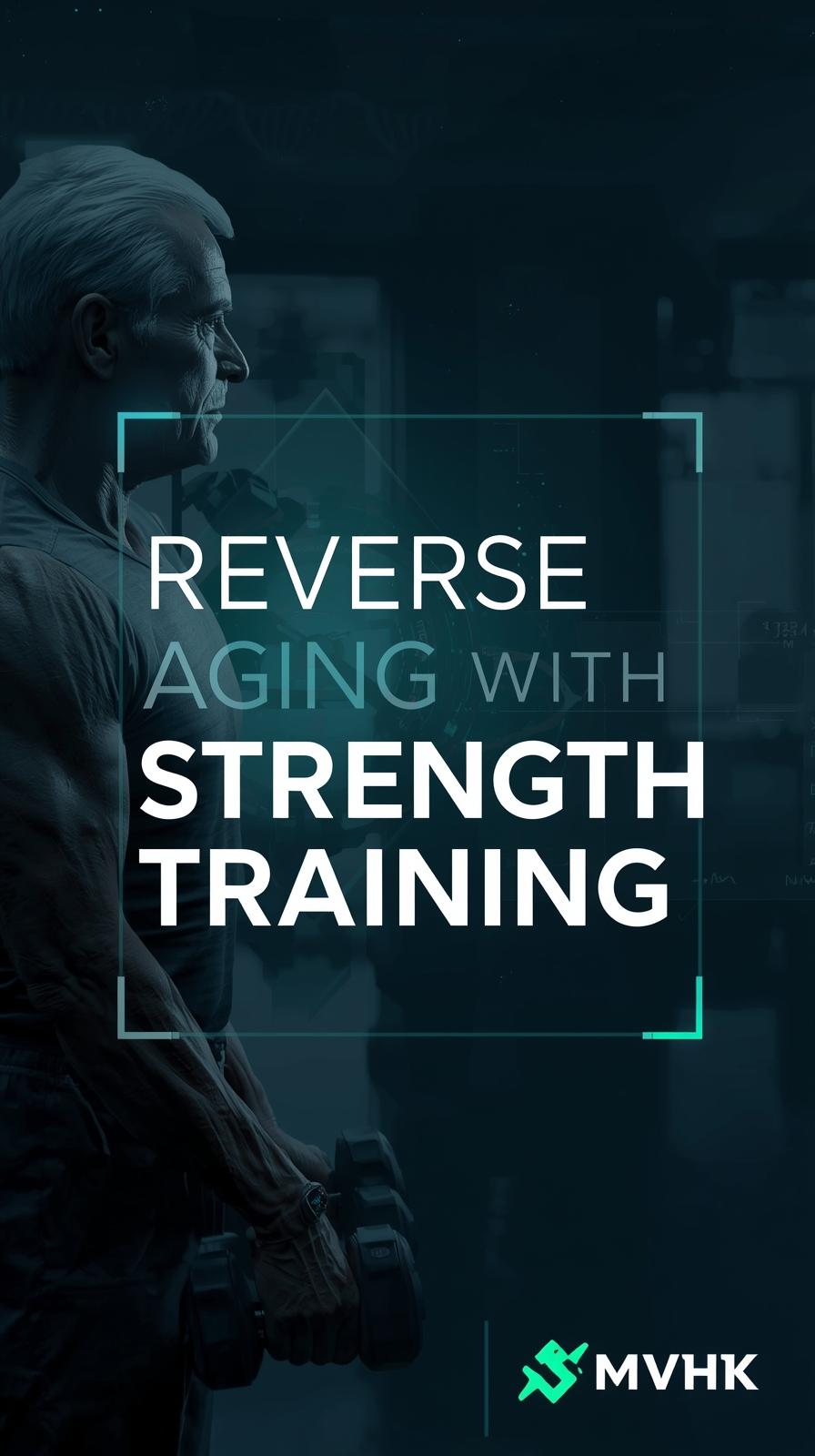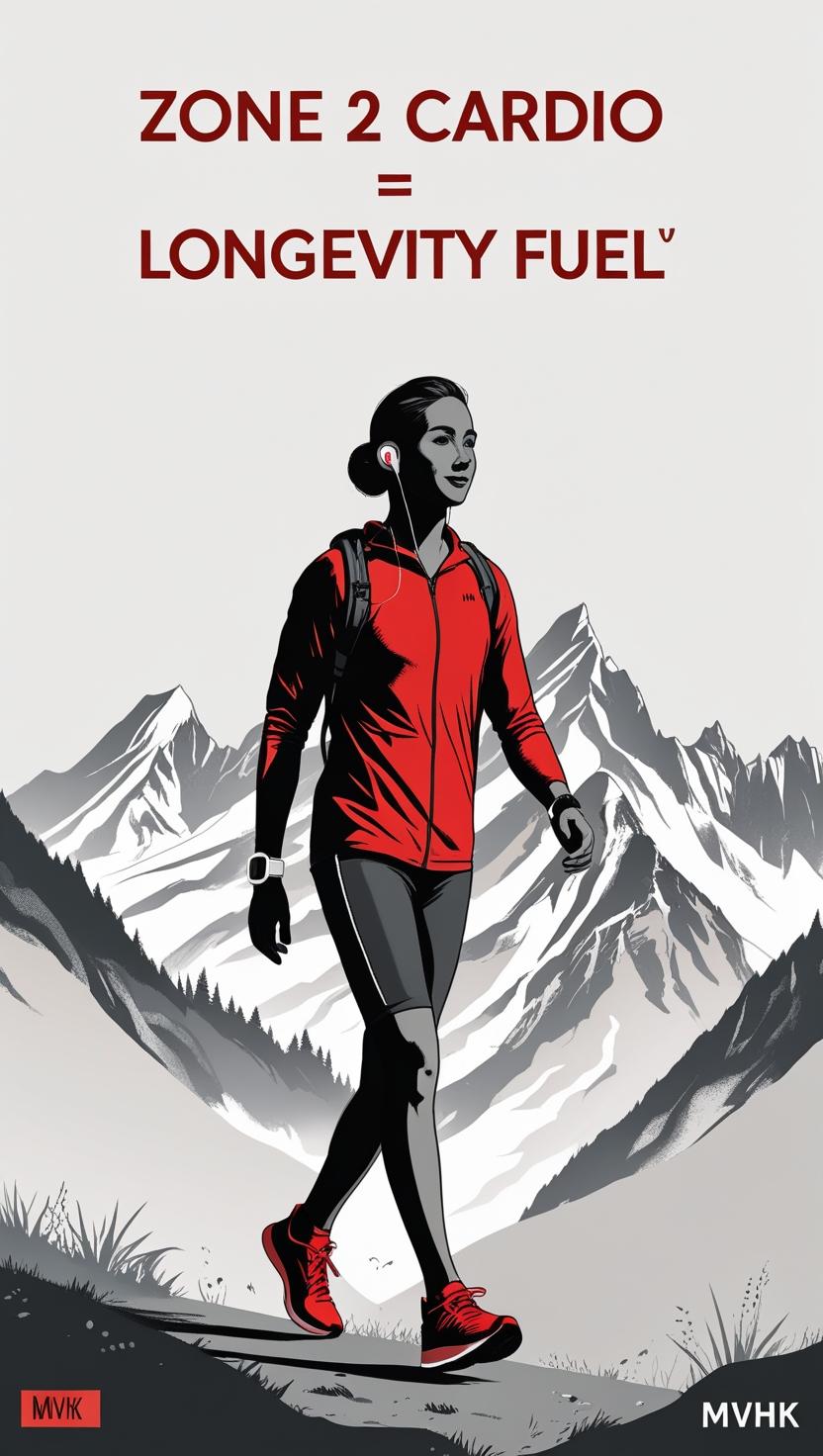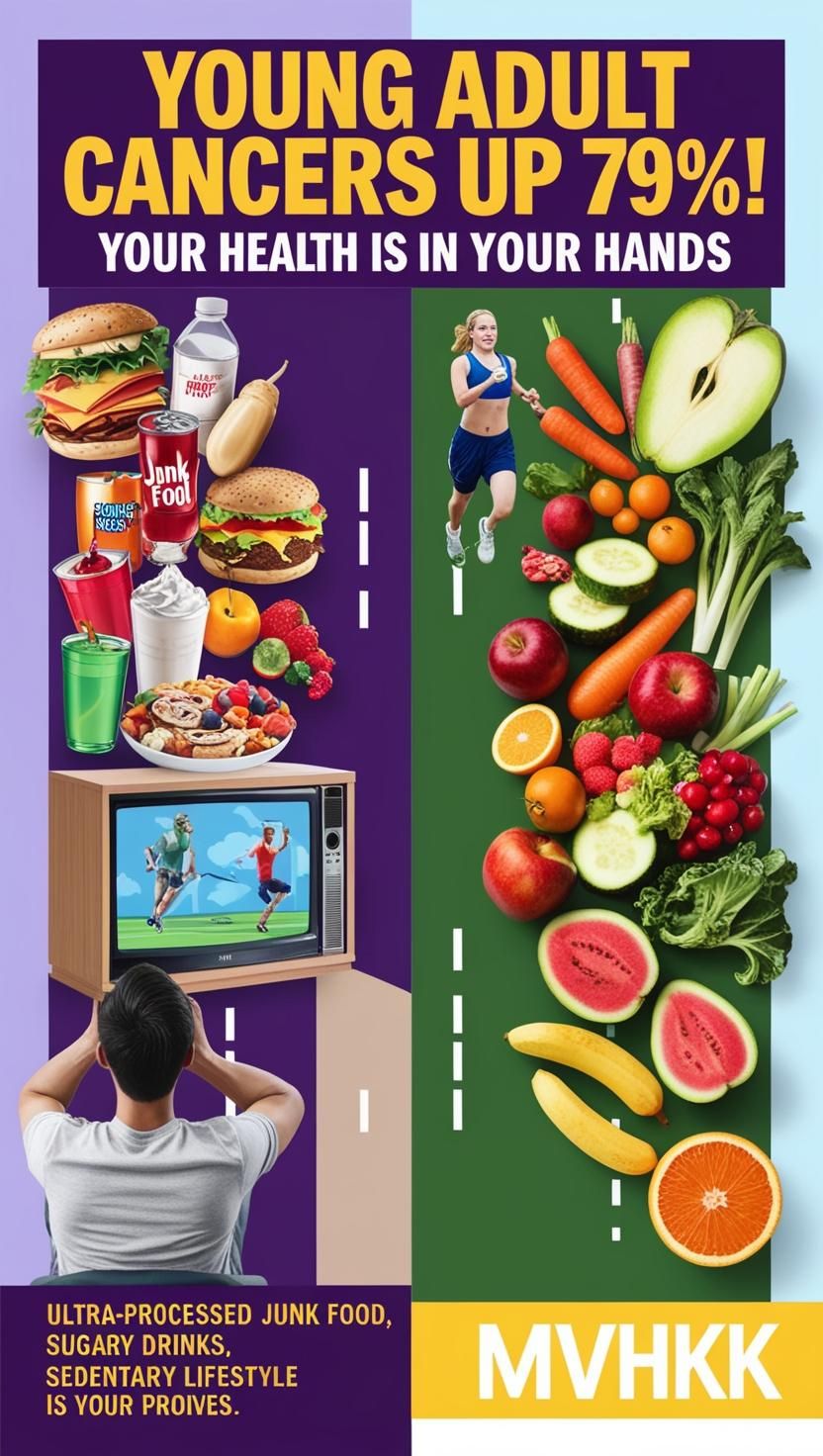Evening Habits That Wreck Cholesterol After 50 – And What to Do Instead
If you’re over 50 and trying to lower your cholesterol, you might be missing a critical time window: after 5 PM. The primary keyword for this article is “cholesterol after 50”, and it’s more relevant than ever, especially as our circadian rhythms, metabolism, and cardiovascular risks shift with age. While statins and medications help, real change happens when evening habits align with heart health goals.
In this article, we’ll uncover four science-backed evening behaviors that silently sabotage your cholesterol levels—and how to fix them today.
1️⃣ The Truth About Late-Night Snacking
Nutrient-Poor Snacks Fuel LDL Spikes
Chronic snacking on ultra-processed foods like chips or sweets after dinner leads to elevated LDL (“bad”) cholesterol. These foods often contain trans fats, added sugars, and sodium, all of which disrupt lipid balance and raise triglycerides.
🔬 A study in Nutrition Journal found that late-night consumption of saturated fat leads to greater LDL retention overnight, compared to earlier in the day. [source]
Swap Cravings for Functional Fiber
If hunger hits post-5PM, it could be a sign your daytime meals lack satiety power—namely fiber, lean protein, and healthy fats. Instead of chips, opt for:
- A bowl of oatmeal with chia seeds
- A cup of roasted chickpeas
- Greek yogurt with berries
🥗 These foods can actively help reduce cholesterol by binding to LDL in the digestive tract.
2️⃣ How Sleep Patterns Impact Cholesterol After 50
Irregular Sleep = Hormonal Chaos
Inconsistent bedtimes and sleep deprivation can raise cortisol levels, which directly interfere with lipid metabolism.
📊 Research published in Sleep Health shows individuals with under 6 hours of sleep per night had significantly higher LDL and triglyceride levels.
Routine is the Remedy
Sticking to a consistent 7–9 hour sleep schedule supports natural lipid regulation. Sleep influences:
- Hunger-regulating hormones (ghrelin & leptin)
- Liver processing of fats
- Nighttime fat metabolism
🛏️ Tip: Power down screens by 9 PM and try magnesium-rich snacks like bananas or almonds for better rest.
3️⃣ Evening Alcohol Is Worse Than You Think
Alcohol & Triglycerides – A Toxic Combo
A glass of wine might feel relaxing, but alcohol increases triglycerides, disrupts sleep, and weakens decision-making. That “relaxing” nightcap often leads to poor food choices.
🔍 According to the Journal of Clinical Lipidology, even moderate alcohol raises triglyceride levels within hours.
Healthier Night Beverages
- Sparkling water with lemon
- Herbal teas like hibiscus (shown to lower cholesterol)
- Golden milk (turmeric latte with oat milk)
These support digestion and avoid the fat-storing impact of ethanol-based drinks.
4️⃣ Foods to Absolutely Avoid After 5 PM
Fat-Sugar Bombs = Metabolic Nightmare
Evening meals rich in saturated fats (think creamy sauces, fried foods, or red meat) and added sugars (cookies, cakes) disrupt overnight fat processing. Metabolism slows in the evening, so these calories are more likely stored as fat.
🍩 A 2022 study from the British Journal of Nutrition found that late-evening high-fat meals significantly increased next-day fasting cholesterol.
Build a Cholesterol-Friendly Dinner
✅ Sample dinner:
- Grilled salmon
- Steamed broccoli with olive oil
- Quinoa or brown rice
- Chia pudding for dessert
These meals pack omega-3s, fiber, and antioxidants, all known to reduce LDL and raise HDL cholesterol.
Conclusion: How to Get Started Today
To reduce cholesterol after 50, your evening behavior is just as important as your medication or morning routine. Here’s your quick-start checklist:
- Replace evening snacks with high-fiber alternatives.
- Create a wind-down routine to improve sleep quality.
- Skip the wine and hydrate with herbal teas.
- Build dinners around fiber, omega-3s, and whole grains.
✨ Your heart will thank you in the morning.
🔍 FAQ
What time should I stop eating to reduce cholesterol?
Ideally by 7 PM, allowing your body enough time for digestion before sleep. Focus on high-fiber, low-fat meals in the evening.
Does cholesterol really rise from poor sleep?
Yes. Studies link poor sleep to increased LDL and lower HDL, especially in adults over 50. Hormonal imbalance and inflammation are key drivers.
Can one drink of alcohol affect cholesterol?
Absolutely. Especially in the evening, alcohol elevates triglycerides and lowers sleep quality, which indirectly raises LDL.
